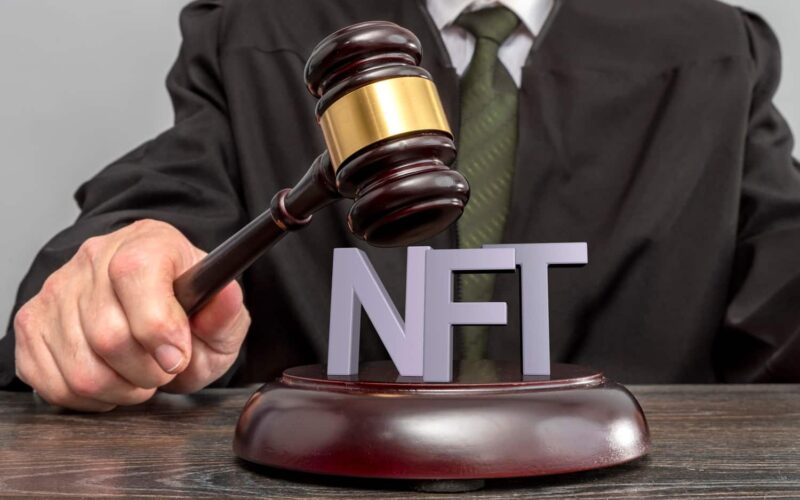South Korean financial regulators have provided clarity regarding the regulatory treatment of Non-Fungible Tokens (NFTs), stating they are not subject to the same rules as cryptoassets. This decision from the nation’s top regulator, the Financial Services Commission (FSC), may act as a positive development for token issuers and blockchain gaming firms.
Exclusion from Virtual Assets List
The FSC, following the regulatory framework for Central Bank Digital Currencies (CBDCs), will exclude NFTs from its lists of virtual assets. This move aligns with the FSC’s previous establishment of separate regulations for CBDCs and distinguishes digital fiat from cryptocurrencies such as Bitcoin (BTC).
The Virtual Asset User Protection Act defines cryptoassets as “electronic tokens that have economic value and can be traded or transferred electronically.” However, it does not explicitly clarify whether NFTs can be considered as cryptoassets under the law.
Risks and Limitations
The exclusion of NFTs from cryptoasset regulations does not guarantee blanket freedom for all issuers. The FSC has outlined certain conditions under which NFTs could still be classified as virtual assets:
- NFTs issued in large quantities, resembling typical virtual assets, and traded fungibly
- NFTs that can be utilized as a means of payment for specific goods or services
These specific scenarios will result in the classification of NFTs as cryptoassets.
Mitigating Financial Risks
Addressing concerns about potential risks, the FSC states that as NFTs are unique and irreplaceable, they present a limited risk to the financial system. The regulator also highlights that NFTs are predominantly traded for collection purposes, unlike cryptocurrencies, which are often used as speculative tools.
Despite this clarification, certain gaming regulators in the past have withheld licenses from video games involving NFTs. Critics argue that this has hindered the growth of blockchain gaming within the country. However, the FSC’s stance on NFTs indicates a recognition of their distinct characteristics.
Implications for Cryptocurrency Exchanges and Banks
The FSC has issued additional rulings that affect cryptocurrency exchanges and banks. Banks holding fiat currency for crypto exchange users are now required to pay interest on the deposits. Previously, the Virtual Asset User Protection Act mandated the separation of users’ deposits from the operators’ assets, along with the use of custodial services. However, the new decree enforces the use of banks as custodians and necessitates the payment of interest on fiat holdings by these banks.
Furthermore, the FSC has instructed cryptocurrency business operators to store over 80% of their assets in cold wallets, enhancing the security measures and safeguarding the digital assets.
















